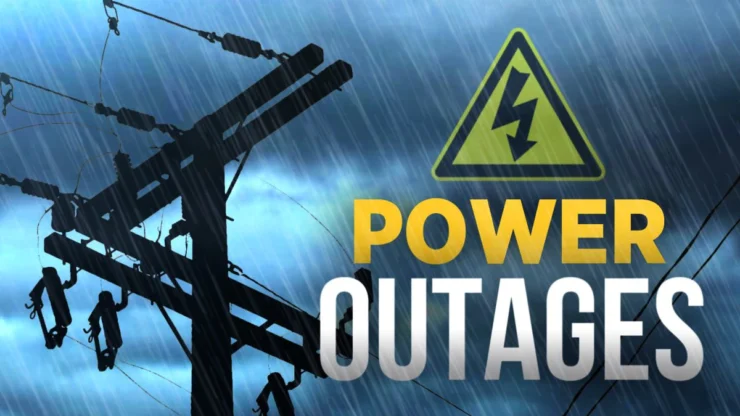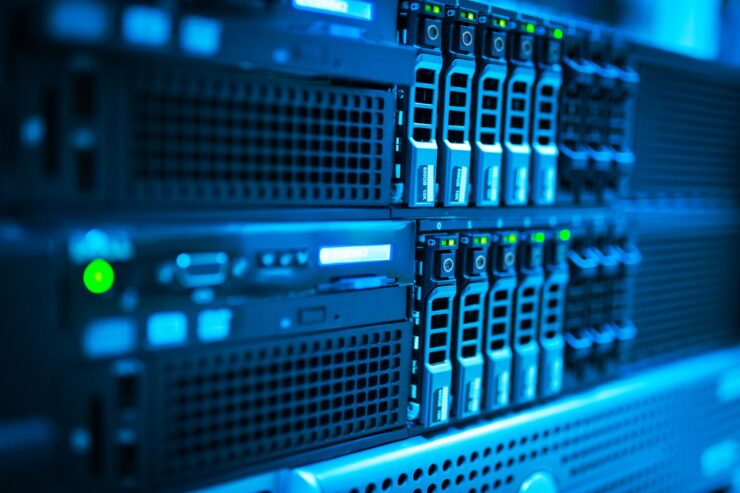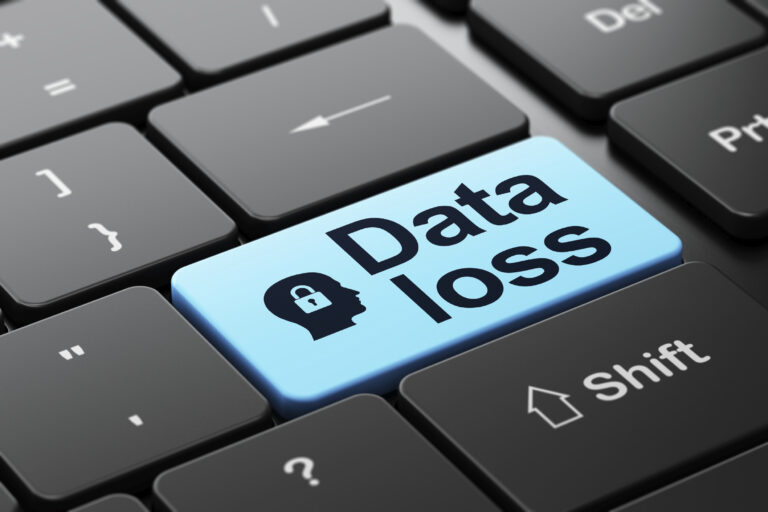We are witnessing climate change every day. For example, in London, the temperature reaches 40 degrees Celsius, which is an all-time record. The temperatures in the south of Spain are so high that weather conditions are more similar to a desert than Europe. Tornadoes and hurricanes appear in geographic areas where they never existed. In parts of the USA with a temperate climate, during the winter the temperatures drop to a similar level as in Canada. And so on. We could write a whole separate article about all the obvious climate changes.
These changes have a far-reaching impact on our lives. It is not just a question of whether we will be comfortable during winter or summer. Extreme high and low temperatures, storms, rain and snow have a detrimental effect on every part of the infrastructure. Underground systems are becoming unusable, thousands of people are stuck at airports and power outages are becoming more frequent. Therefore, there is a significant risk of losing data, not to mention other dangerous situations. Data is of the utmost importance for every individual and every business. The question of how to avoid data loss due to natural disasters has become of topical interest. We will help you better understand this situation and protect your data.
How to avoid data loss due to natural disasters?
There are several ways you can be 99.9% sure that you will be able to recover all your data even after such disasters. We will focus on the most popular and cost-effective ways because it is not possible for an individual or SME to allocate huge resources just for data protection, no matter how important that is.
-
Physical infrastructure

You probably expected that we will start with the cloud, for example, but first we will talk about physical infrastructure. If you implement different protection systems, it is even possible for your physical infrastructure to survive natural disasters. Backup generators and different types of batteries will prevent downtime during a power outage, but will also prevent an electric shock from destroying the hardware. It often happens that after an outage too strong electricity reaches the hardware if you do not have adequate protection.
Next, you need sensors that will detect that moisture and water have come into contact with the hardware. Another thing you should do to protect the physical infrastructure is to make the room where the hardware will be located fireproof. Of course, don’t forget to protect the hardware from people who want to harm it.
-
Upload everything

Cloud computing is nothing short of revolutionary. The ability to upload all your data has reduced the number of data losses many times over. There aren’t many things more secure than clouds today. Probably the only thing more secure are the ways governments store data.
When you upload all the data to the cloud, then you know that your backups are located in many different countries and continents. It is not possible hardware damage to happen at the same time in such distant locations. That way, no natural disaster will be a disaster for your business. That’s not all. Clouds allow you to access your data anytime and anywhere. This significantly facilitates the functioning of any business.
-
Offshore servers

Offshore servers won’t just reduce downtime, but will help you with freedom of speech too. Natural disasters are not the only thing that threatens you. There are many people who will want to harm you. They won’t be able to do that if you have an offshore dedicated server. If you choose privately owned hardware like Evoluso, which has servers in some of the safest countries in the world, no one will be able to influence what you do.
-
External hard drives and USB flash drives

Banks have very secure safe deposit boxes that can generally survive any natural disaster. Of course you shouldn’t rely on it alone, but it is a great addition to the security of your data. Make backups on external hard drives and USB flash drives and then store them in safe deposit boxes. Implement passwords and other layers of protection to make sure that no one will be able to access sensitive information.
Importance of data protection

If you still do not see how important it is to protect all important information, we will try to explain it to you through the following examples. Even if a flood or other disaster does not cause permanent data loss, long downtime will cause you to lose over 40% of your customers. People no longer want to wait and as soon as they don’t get what they are looking for within a few seconds, they will look elsewhere for a solution. You can’t count of loyal customer neither since there is not many loyal customer who will wait days for you to return. Downtime that lasts just an hour is catastrophic, not to mention if it lasts longer than that.
Did you know that over 50% of businesses never recover from a data loss? The most vulnerable are small companies, but even medium-sized companies are not safe. Bankruptcy is a very real option when these things happen.
Conclusion
Today, it’s easier than ever to protect your data. Back in the time when all data was stored in hard copy form, it was practically impossible to be 100% sure that natural disasters would not destroy all data. It was certainly not possible, at least not for 99% of companies, to have warehouses all over the world where duplicates would be stored. But today you have whole world at your disposal. If one server is damaged due to a flood, for example, your data remains safe thousands of kilometers away. That’s why it’s up to you to store all data regularly and then you don’t have to worry about natural disasters. But if you fail to be diligent and upload data almost daily, then no one can help you and even spilled glass of water can be danger, not to mention earthquake or hurricane.

